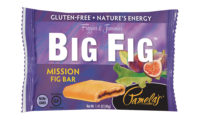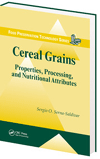Big Breakfast Future
Breakfast products could see sales of $5 billion in 2017.

English muffin and bagel sweet baked goods manufacturers have responded for years to consumer demand for healthier fare with products that are more nutritious. Products have been formulated to reduce sodium, sugar and fat, be more natural, organic, gluten-free, and deliver higher levels of fiber, among other nutritional concerns that are similar to trends related to packaged breads. Whole wheat, whole grain and multi-grain products, particularly bagels and English muffins, are filling shelves, and manufacturers continue to use ingredients that both deliver benefits many consumers have to come expect, and help differentiate one brand from another. In regards to both sweet and non-sweet breakfast baked goods, manufacturers have addressed health and nutrition concerns by eliminating high fructose corn syrup and trans fats, and introducing portion control products such as 100-calorie single serve snack packs, notes Packaged Facts research director David Sprinkle.
Busy consumers, especially Millennials, desire convenience with foods that are easy and fast to eat or can be eaten on the go. More convenient products are especially important for breakfast since many people eat on the run, in the car, or in the office. Manufacturers have responded for quite some time with single packs, minis and bite-size products and other items to make breakfast easier. They are trying to compete with breakfast and nutritional bars, handheld breakfast sandwiches, and other portable options.
Looking for a reprint of this article?
From high-res PDFs to custom plaques, order your copy today!





